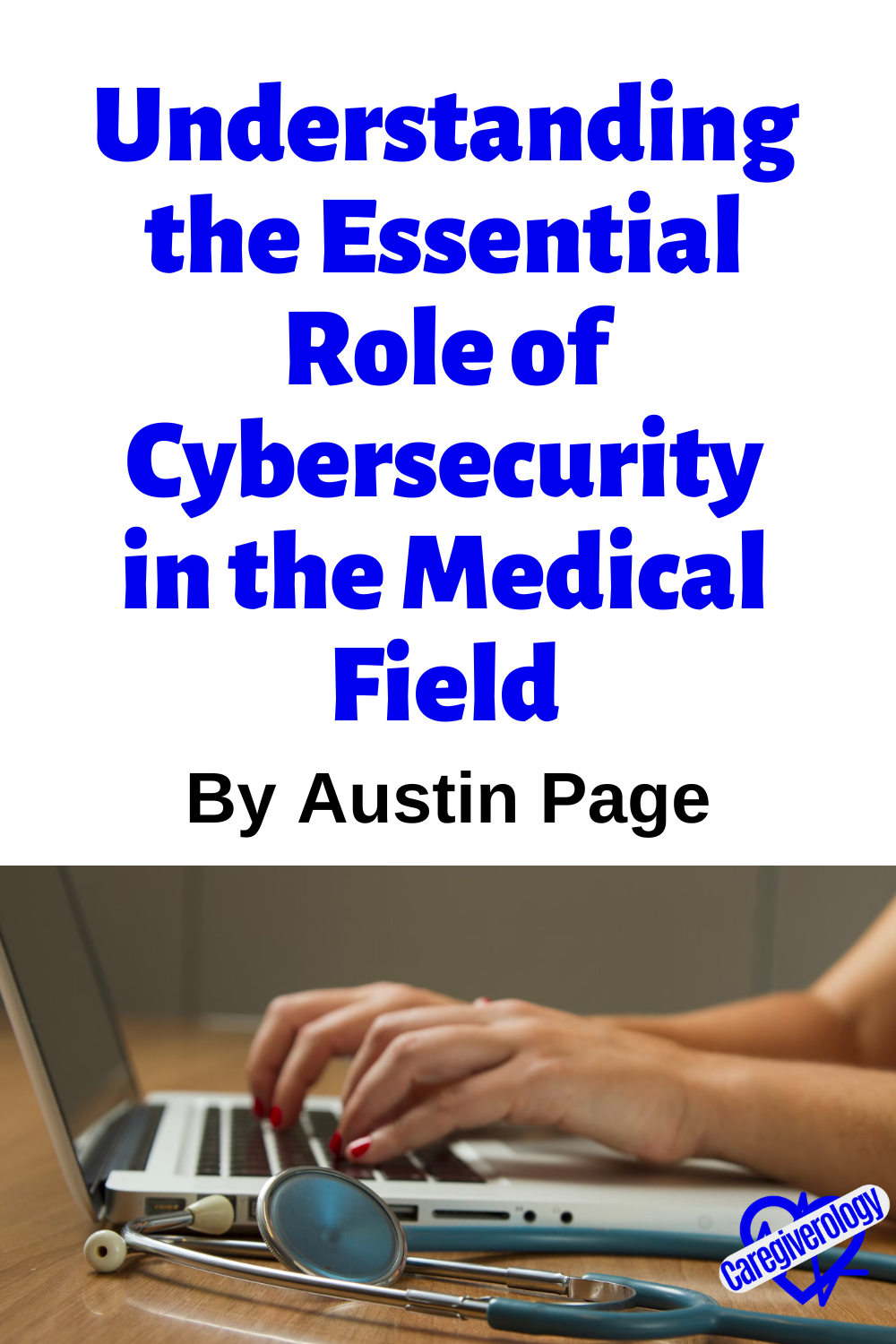Understanding the Essential Role of Cybersecurity in the Medical Field

As more industries rely on digital platforms, the importance of cybersecurity becomes more evident. One industry that needs to realize the importance of cybersecurity is the medical field.
A lot of patient data and information are now stored on digital platforms. If a medical organization has weak cybersecurity measures, it can have serious consequences.
Here are some of the essential roles of cybersecurity in the medical field:
Info Legal Trust Financial Disruptions Ransomware Care Property Insider Evolving Engagement Conclusion
Protection of Patient Information
Cybersecurity in the medical field plays a pivotal role in protecting patient information. It uses advanced technological measures and adheres to strict legal standards. Data encryption is a key tool, ensuring that patient records, personal identification, and insurance details are secure in storage and during transmission.
Access controls further fortify this security, which allows only authorized personnel to access sensitive data. Multi-factor authentication also strengthens these defenses. Regular security audits and risk assessments help identify and mitigate system vulnerabilities.
Compliance with Legal Standards
Strict regulations like HIPAA govern the healthcare industry in the United States. These regulations mandate the protection of patient data. Non-compliance can result in legal repercussions, hefty fines, and sanctions. Adhering to these standards is a legal obligation and a demonstration of commitment to ethical medical practices.
Following HIPAA reflects the organization's dedication to maintaining patient trust and upholding high standards in healthcare delivery. Compliance involves implementing appropriate security measures such as encryption, access controls, and regular audits. It also requires ongoing staff training to ensure that all employees understand the importance of data protection.
Maintaining Patient Trust
Patients trust healthcare providers with their most personal information. A breach can erode this trust, damaging the healthcare provider's reputation. It can also undermine the patient-provider relationship. Maintaining strong cybersecurity measures reassures patients that their information is safe and that the provider is reliable and trustworthy.
Preventing Financial Loss
Cyberattacks can be costly, involving fines, legal fees, and the resources needed for response and recovery. The financial impact extends beyond immediate costs to long-term repercussions like loss of business and increased insurance premiums. Robust cybersecurity is thus an investment in the financial stability of a healthcare organization.
Avoiding Operational Disruptions
Cyberattacks can cripple healthcare systems. They can also lead to delays in treatment, cancellations of appointments, and a significant strain on healthcare resources.
These disruptions can compromise patient care and lead to a backlog of cases. They can also increase stress on both patients and healthcare providers. Ensuring cybersecurity helps maintain the smooth operation of healthcare services, which is vital for effective patient care.
Safeguarding Against Ransomware
The healthcare sector is a prime target for ransomware attacks, which can lock access to critical patient data and systems until a ransom is paid. These attacks can halt the operation of medical facilities, endangering patient lives. Medical organizations must implement strong cybersecurity defenses to prevent such attacks and ensure uninterrupted healthcare services.
Ensuring Continuity of Care
Nowadays, medical devices and systems are interconnected. A cybersecurity breach can disrupt the continuity of care and patient information. This disruption can lead to incorrect or delayed diagnoses and treatments, adversely affecting patient health. Robust cybersecurity protocols are essential to ensure that these interconnected systems function reliably and safely.
Protecting Intellectual Property
Research and development in the medical field often involve valuable intellectual property. They may include innovative treatments and cutting-edge technology.
Cybersecurity measures protect this intellectual property from theft or espionage. The measures are crucial for maintaining a competitive edge and fostering medical advancement. Loss of intellectual property can hinder medical progress and lead to significant financial losses.
Mitigating Insider Threats
Not all threats are external. Proper cybersecurity measures help detect and prevent insider threats, whether intentional or accidental. These measures include monitoring and controlling access to sensitive data and training staff on data security practices. Protecting against insider threats is as crucial as guarding against external attacks.
Adapting to Evolving Threats
The cyber threat landscape constantly changes, frequently emerging new vulnerabilities and attack methods. Healthcare providers must stay ahead of these threats. This ensures the safety and privacy of patient data and the security of their systems. As such, continuous adaptation and updating of cybersecurity strategies are essential to protect against these evolving threats.
Enhancing Patient Engagement
Secure digital platforms enable patients to access their medical records. Healthcare providers can also communicate with patients more easily so that patients can manage their health more effectively.
Strong cybersecurity measures ensure these platforms are safe, fostering better patient engagement and participation in their healthcare. This engagement is vital for improved health outcomes and patient satisfaction.
The Bottom Line
Learning about the importance of cybersecurity in the medical field can help healthcare organizations protect their data, systems, and patients. Implementing robust cybersecurity measures can ensure the secure operation of medical facilities and safeguard patient data. With proper cybersecurity measures, medical organizations can help ensure they consistently provide quality healthcare to patients.
Thank you Austin Page for contributing this article.
Guest Articles Written for Caregiverology
From Understanding the Essential Role of Cybersecurity in the Medical Field to Home
Recent Articles
-
Common Truck Crash Injuries and Legal Remedies - Caregiverology
Jul 19, 25 10:49 AM
Known for its sun-drenched beaches, vibrant arts scene, and bustling maritime industry, Fort Lauderdale is a city that sees heavy traffic both on its roads and at its busy port. Unfortunately, with th… -
Why Expert Legal Help Matters After Serious Injury - Caregiverology
Jul 19, 25 10:35 AM
In Houston, over 67,600 car crashes occurred in 2023, resulting in 290 fatalities and 1,612 serious injuries. That’s roughly 185 accidents every day. -
How Life Care Planners Support Injury Recovery - Caregiverology
Jul 19, 25 10:18 AM
In Los Angeles, life care planners play a vital role in supporting injury recovery, especially for individuals facing catastrophic injuries such as traumatic brain injuries or spinal cord damage.





New! Comments
Have something to say about what you just read? Leave a comment in the box below.